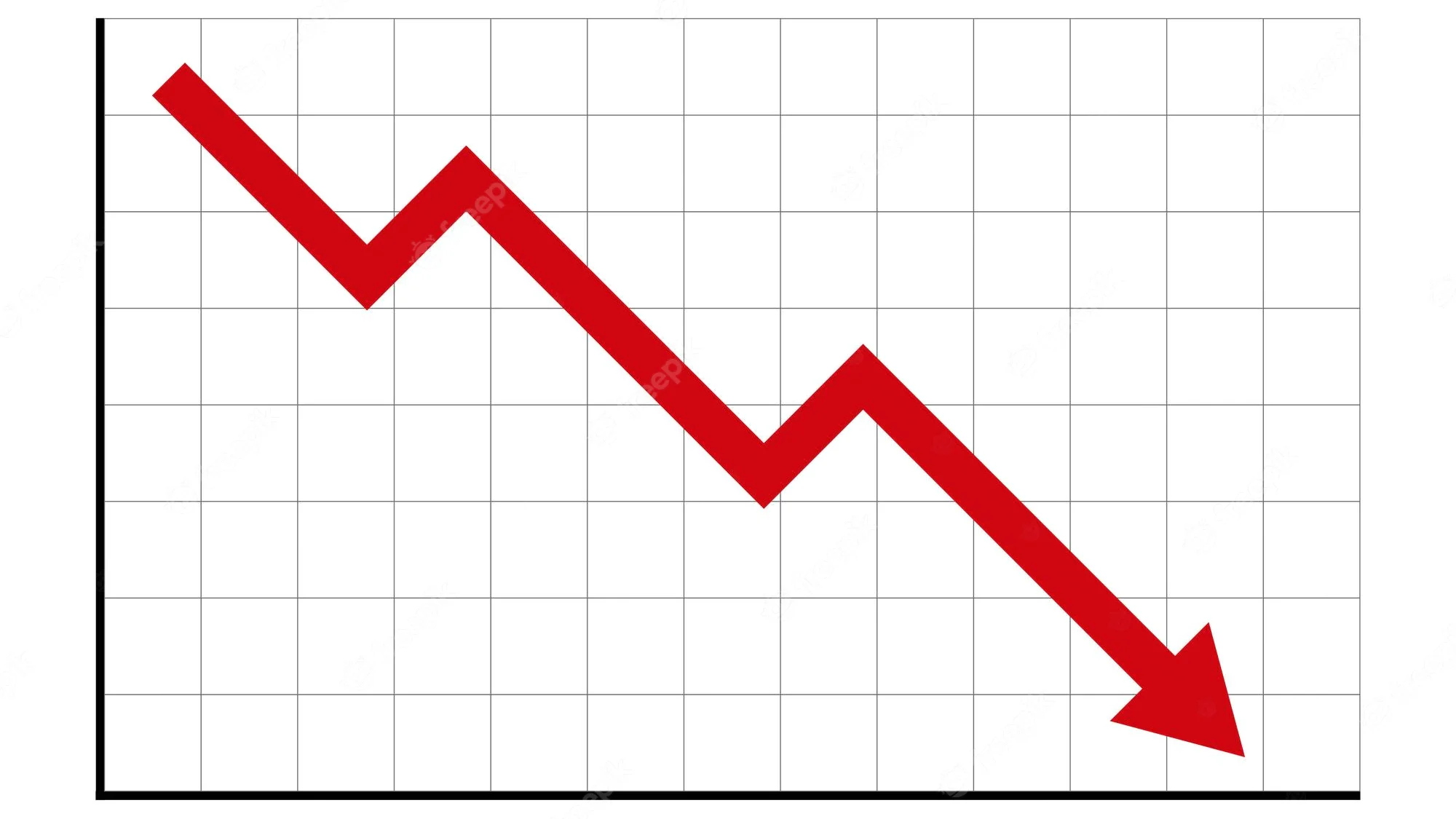Electricity plays an important role in our everyday life and it’s important to understand how much electricity our home uses. Understanding how many kWh does a house use a day can help you save money on energy bills by making sure that you are not using more than necessary.
The amount of energy demanded to power a home is measured in kilowatt-hours, or kWh, and is an important factor to consider when assessing energy costs. In this article, we are going to learn about what is a kilowatt-hour, energy measurements and their terminologies, how many kWh does a house use a day and calculating the Number of Kilowatt Hours demanded to Power a Home.
Table of Content:
- What is a kilowatt-hour?
- Energy measurements and their terminologies
- How Many Kilowatt-Hours Do Common Household Items Use?
- Calculating the Number of Kilowatt Hours demanded to Power a Home
- Factors that Affect the Number of Kilowatt Hours demanded to Power a Home
- How to Reduce the Number of Kilowatt Hours demanded to Power a Home
What Is a Kilowatt Hour?
A kilowatt-hour, or kWh, is a unit of electrical measurement. It is the amount of power consumed by a device in one hour. It is equal to 1,000 watts of power expended for one hour.
This measurement can be used to calculate how much energy an appliance or device uses in a given period and also helps people compare different types of electrical appliances when considering their efficiency. The cost per kWh varies depending on location, but it typically ranges from 8 cents to 20 cents per kWh in the United States.
Energy measurements and their terminologies
Some common terminologies are given below:
- Voltage: Voltage Volts) is simply the pressure that drives electricity to flow. For example, if you have a light switch that operates at 60 volts, then that light switch is said to have a voltage of 60 volts.
- Amps: Ampere (amp) measures the strength of an electrical current flowing through a circuit. So, if you have a light switch that allows 6 amps of current to flow, then that light switch would be said to have an amp rating of 6 amps.
- Watts: Watts measure the rate at which power is being consumed by the electric device. For example, if you have a light switch that uses 6 watts of power when turned on, then that light switch would be said to have a watt rating of 6 watts.
How Many Kilowatt-Hours Do Common Household Items Use?
| Incandescent light bulb | 60 watt-hours per hour |
| LED light bulb | 10 watt-hours per hour |
| Compact fluorescent light bulb | 15 watt hours per hour |
| Ceiling fan | 50 watt-hours per hour |
| Air conditioner | 2000 to 4500 watt-hours per hour, depending on the size and cooling capacity |
| Refrigerator | 300 to 650 watt-hours per hour, depending on the size and efficiency rating |
| Electric stove | 1000 to 3000 watt-hours per hour, depending on the number of burners and the heat setting |
| Microwave oven | 1000 to 1500 watt-hours per hour, depending on the power setting and cooking time |
| Toaster | 800 to 1500 watt-hours per hour, depending on the number of slices and the toasting level |
| Coffee maker | 600 to 1200 watt-hours per hour, depending on the size and brewing time |
| Television | 50 to 200 watt-hours per hour, depending on the size and viewing time |
| Computer | 50 to 200 watt-hours per hour, depending on the power usage and activity level |
| Laptop | 20 to 50 watt-hours per hour, depending on the power usage and battery level |
| Printer | 50 to 200 watt-hours per hour, depending on the printing speed and quality |
| Vacuum cleaner | 500 to 1500 watt-hours per hour, depending on the suction power and cleaning time |
| Hair dryer | 1000 to 2000 watt-hours per hour, depending on the heat setting and usage time |
| Iron | 1000 to 2000 watt-hours per hour, depending on the heat setting and ironing time |
| Washing machine | 500 to 1500 watt-hours per hour, depending on the size and wash cycle duration |
| Dishwasher | 1200 to 2400 watt-hours per hour, depending on the size and wash cycle duration |
| Electric water heater | 1500 to 5000 watt-hours per hour, depending on the tank size and water temperature. |
Calculating the Number of Kilowatt Hours demanded to Power a Home
- To get an accurate estimate of how many kWh does a house use a day, start by calculating the wattage rating for each appliance in your house that runs off electricity (e.g refrigerator: 500 watts).
- Then multiply the number by the hours per day that each appliance is typically running (e.g refrigerator: 8 hours/day. Hence, 500 * 8 = 4000 watts hours).
- Do the same for the appliances and Add all the numbers together. You can also divide the final number by 1000 to convert from watt-hours into kilowatt hours. (e.g. refrigerator + lights + fan : 4000 + 1000 + 2000 = 7000. Hence we can say 7000-watt hours or 7kWh).
- This will give you an approximate total kWh consumption figure for your entire household every day. You can now multiply this by 30 to get a rough estimate for a month (e g. 7kWh * 30 = 210 kWh).
Factors that Affect the Number of Kilowatt Hours demanded to Power a Home
- Climate: Climate is one of the major factors that influence how many watts your house needs to run. If it’s hotter than usual, you will use air conditioners more often and end up using more electricity. If it’s colder than normal, you will use a heating system to keep you warm. Hence, using these appliances will increase the number of watts.
- Size of Your Home: The size of your home also plays a big role in how many watts your house needs to run. A larger home will require more watts to run than a smaller home. This is because a larger home has more space that needs to be heated or cooled.
- Appliances: Some appliances use more energy than others. For example, an oven uses a lot of energy to heat up food. These appliances are called “energy-consuming” appliances. You can reduce the amount of wattage your house needs by using less energy-consuming appliances.
- The number of people living in the house: The number of people living in the house play a big role. More people living in a house use more electrical appliances, which means your house may need more watts to run.
- How often you actually use your electrical appliances: How often you actually use your electrical appliances can vary from person to person, but generally the less you use an appliance the less wattage it will require. So if you only occasionally use your oven or refrigerator, chances are they’ll only require a lower wattage than if you’re using them multiple times per day.
- Effectiveness of the appliances: Also the effectiveness (efficiency) of the appliance affects the amount of energy demand as well. An air conditioner that is rated 3 stars might consume 3kWh whereas the same air conditioner from the same brand with the same capacity but is rated 5 stars might consume 2.5kWh.
How to Reduce the Number of Kilowatt Hours demanded to Power a Home

Several ways can be taken to reduce the amount of energy demanded to power a home. Some of these ways include using energy-effective appliances, using natural light rather than electric lighting, using solar panels, and freeing appliances when they aren’t in use.
- Using energy-effective appliances can help reduce the amount of energy demanded to power a home. Energy-effective appliances use lower energy and are designed to be more effective than traditional appliances.
- Using natural light rather than electric lighting can also help reduce the amount of energy needed to power a home. Natural light is a free and renewable energy source, so using it rather than electric lighting reduces the number of Kilowatt Hours.
- Freeing appliances when they aren’t in use can also help reduce the number of Kilowatt Hours because when appliances aren’t in use, they’re still drawing energy from the power source.
- Investing in renewable sources like solar panels can also help offset some of those costs over time. Hence, consider using green alternatives to cut down on monthly bills.
Conclusion
Understanding exactly how many kWh does a house use a day is essential knowledge when you want to increase energy efficiency and minimize costs associated with running electrical appliances inside your house.
Frequently Asked Questions
What is a kilowatt hour?
A kWh is a unit of electrical measurement. It is the amount of power consumed by a device in one hour.
What are the different types of power sources used to power a home?
The primary power sources used in homes are electricity, natural gas, propane, solar, and oil. Each of these power sources requires a different type of energy and has different costs associated with it.
How many kilowatts hours does it take to power your house?
An average home consumes around 900 kWh per month or 30 kWh per day.


